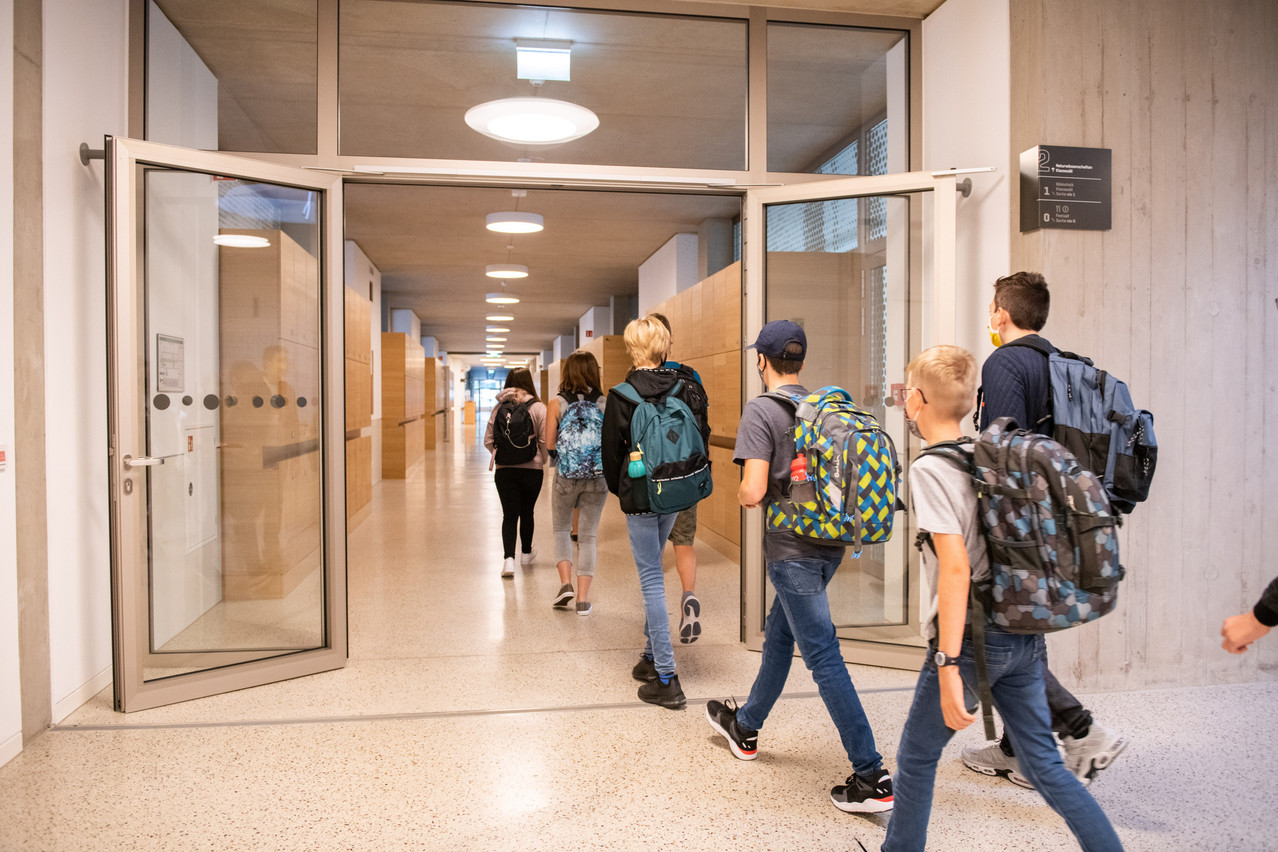Labour union OGBL earlier this month published a catalogue of complaints, saying working conditions at the government’s public European schools were unfair and, in some cases, bordering on the illegal.
Teachers face delays of up to five months to receive their first salary and be registered with social security, the unions said. At least 40 staff received the wrong salary. A lack of local language skills can mean that teachers aren’t aware of their rights--a situation abused by schools who pile on extra hours and responsibilities, the OGBL said.
“The ministry is aware that a series of points in the procedures must be specified or adapted, because of the rapid evolution of the public international schools,” the education ministry said in an email to Delano.
“There is notably a need for precision concerning the tasks and hiring procedures of teachers. For example, the hiring procedure should be accelerated to prevent delays in the payment of salaries in future,” a spokesperson said.
There are five accredited European schools in Luxembourg that form part of the public education system, located in Clervaux, Differdange/Esch-sur-Alzette, Junglinster, Mersch and Mondorf-les-Bains. A sixth school is planned to open in Luxembourg City next year.
“In some schools we see more violations against labour law than in others,” said Vera Dockendorf of the OGBL’s education sector branch, explaining that general issues, for example with salaries, are exacerbated by individual directors. But “it’s a problem across the board,” she said.
The union at the end of November had called a meeting with education minister Claude Meisch (DP), before making its demands public.
“The ministry was aware of the problem of incorrectly calculated salaries and the fact that many teachers only received their first pay after four to five months,” said Dockendorf. However, the ministry seemed ignorant of issues related specifically to school management, the union representative said.
“In isolated cases, irregularities were pointed out to the ministry to which it has already been possible to react individually and find solutions,” the ministry spokesperson said. The OGBL confirmed that teachers reported contact between the ministry and school management following the November meeting. “Not a lot has improved since then,” Dockendorf said.
Follow-up next year
The OGBL in its December statement had slammed schools for institutionalising unpaid overtime hours, among locally recruited staff and hires from abroad alike.
The European school system allows pupils to follow their education in a language section--usually French, German or English--while learning a second language from an early age. Some schools also offer Portuguese or Italian branches.
The system aims at making it easier for foreigners to settle in the country as it offers an alternative to the public school system that functions mainly in Luxembourgish and German at primary level, adding French as a language of instruction in secondary school.
“The system of accredited European schools allows flexibility in the choice and level of language learning and thus adapts to family languages and children's talents,” the ministry said in a statement to mark the this year. “Students who might have struggled to succeed in the regular system are offered real prospects for the future.”
However, the accredited European schools have also proven popular with families from Luxembourg, as children can graduate with an internationally recognised European Baccalaureate.
With teachers from abroad teaching in the international language sections often unaware of their rights, unions have demanded more information sessions but also language courses for staff. Dockendorf said the ministry had been open to the idea but couldn’t or didn’t want to make any promises.
The ministry said that working groups are in the process of addressing hiring issues and will deliver proposals during the current school year. “We were promised a meeting on the topic for the start of February,” said Dockendorf.
